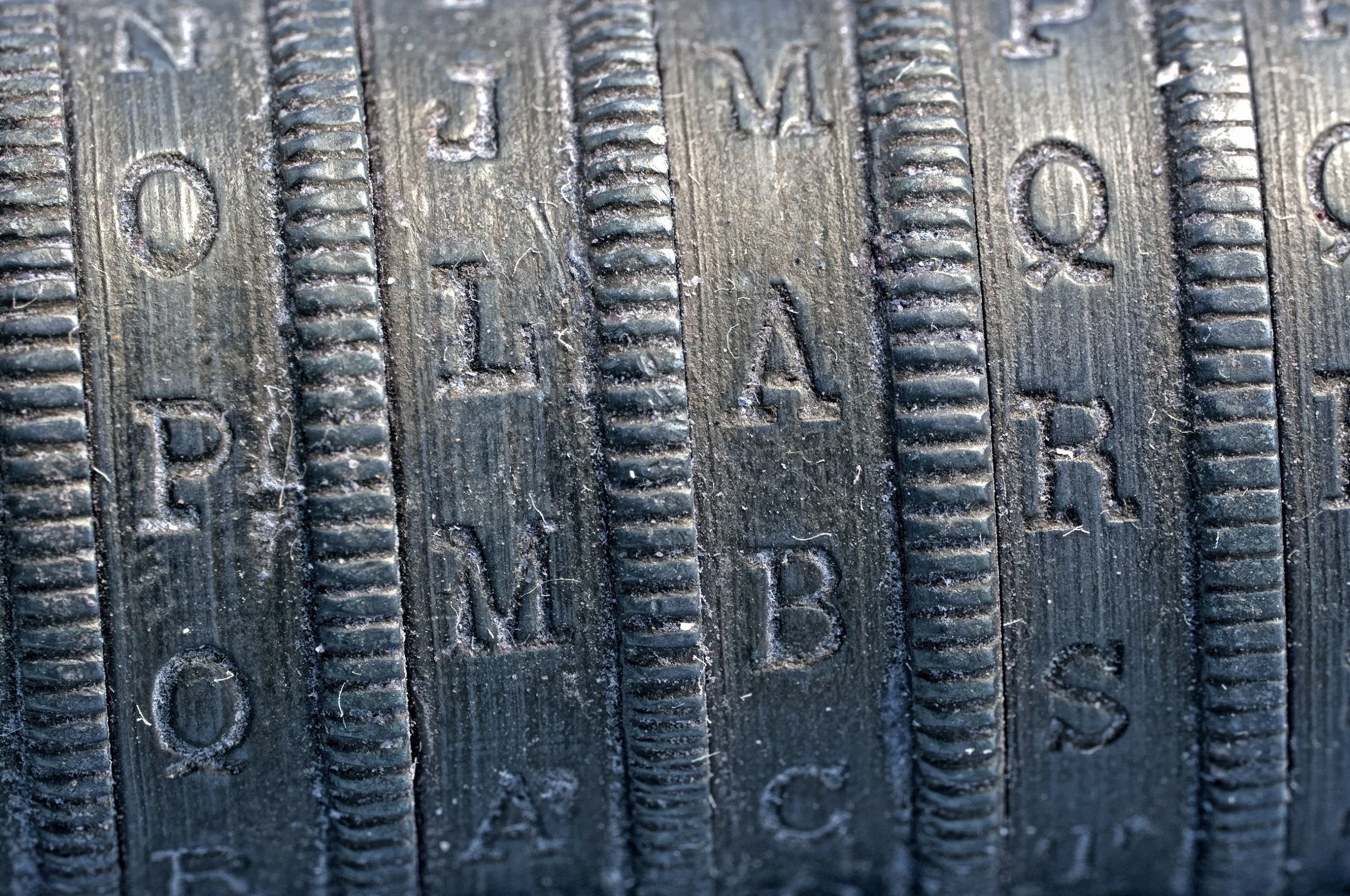
Key Insights
- Recent research indicates that the amount of quantum resources needed to break RSA encryption could be reduced by 20 times compared to earlier estimates.
- Although Bitcoin utilizes elliptic curve cryptography (ECC), it is still at risk of quantum threats akin to those endangering RSA encryption.
- Presently, quantum computers lack the capability to break these encryption methods, but advancements in research are being made swiftly.
A recently published research paper by Craig Gidney from Google Quantum AI reveals that breaking the widely used RSA encryption may require 20 times fewer quantum resources than previously thought. While the findings do not explicitly reference Bitcoin or other cryptocurrencies, they address the encryption methods that secure crypto wallets and transactions.
RSA is a public-key encryption algorithm used to encrypt and decrypt data consisting of two linked keys: a public key for encryption and a private key for decryption.
Though Bitcoin does not employ RSA, it relies on elliptic curve cryptography (ECC), which is likewise vulnerable to Shor’s algorithm, a quantum algorithm designed to solve logarithmic problems at the core of public key cryptography.
ECC secures digital data using curves, computing in one direction rather than using large numbers, making it functionally strong with a smaller key compared to larger alternatives.
While ECC keys (256-bit) offer high security over RSA keys (2048-bit), the risks posed by quantum computing grow nonlinearly. Research such as Gidney’s alters our understanding of how imminent such threats can become.
Gidney estimates that a quantum computer could factor a 2048-bit RSA integer in under a week using fewer than one million noisy qubits. This is a notable decrease from his 2019 estimate, which suggested it would require 20 million qubits and take eight hours.
To clarify: a machine capable of this does not yet exist, as IBM’s most advanced quantum processor, Condor, operates with just over 1,100 qubits and Google’s Sycamore has 53 qubits.
Quantum computing exploits quantum mechanics principles, utilizing quantum bits (qubits) instead of traditional bits, allowing simultaneous representation of 0 and 1 due to properties like superposition and entanglement.
Gidney notes, “This is a 20-fold decrease in our prior qubit count estimate.” This boost in efficiency for RSA quantum cost estimation may similarly affect ECC encryption in due course. RSA remains prevalent in areas like TLS, email encryption, and certificate authorities, which are crucial for crypto-related infrastructures.
Research initiatives like Project 11 are actively investigating if even weakened versions of Bitcoin’s encryption can withstand attacks from current quantum hardware and had previously launched a public bounty offering 1 BTC (~$85,000) to anyone capable of breaking small ECC key sizes (1 to 25 bits) with quantum technology. The aim isn’t necessarily to compromise Bitcoin today, but to gauge the proximity of existing systems to such capabilities.


